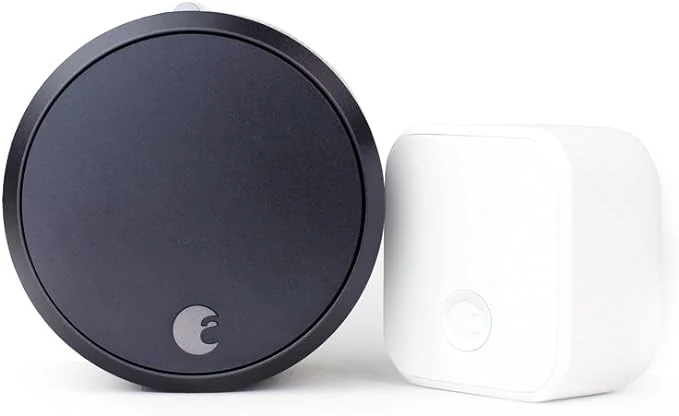Voice Assistants in Vehicles
The integration of voice assistants into vehicles is driven by the demand for increased safety, convenience, and connectivity. As drivers seek to minimize distractions and focus more on the road, voice-controlled interfaces offer an intuitive solution. Major tech giants—Amazon with Alexa, Google, and Apple with Siri—have developed sophisticated in-car versions of their assistants, compatible with a wide range of vehicles and infotainment systems.
Enhancing Navigation for Safer Driving
One of the most critical aspects of driving is navigation. Voice assistants excel in providing real-time directions, traffic updates, and route adjustments without requiring drivers to take their eyes off the road. For example, Google Assistant can instantly recalculate routes in response to traffic congestion, while Siri seamlessly integrates with Apple Maps to guide drivers efficiently. Alexa, often connected through third-party integrations, offers similar capabilities, making navigation more intuitive and less distracting.D
Elevating Entertainment On-the-Go
Long drives and daily commutes are more enjoyable with voice-activated entertainment options. Drivers can request their favorite music, podcasts, or audiobooks without fumbling for devices or screens. With voice assistants, users can play specific songs, adjust volume, or switch stations effortlessly. Google Assistant’s integration with YouTube Music and Spotify, Siri’s compatibility with Apple Music, and Alexa’s vast skill ecosystem ensure that entertainment is just a voice command away, enriching the driving experience.
Hands-Free Communication for Seamless Connectivity
Staying connected while driving is essential but often challenging. Voice assistants facilitate hands-free calls, text messaging, and even email dictation, enabling drivers to communicate safely. Siri’s deep integration with iMessage, Google Assistant’s support for Android messaging apps, and Alexa’s ability to connect with various communication tools empower drivers to stay in touch without compromising safety. This hands-free approach significantly reduces distractions caused by manual interactions with devices.D
The Road Ahead: Smarter, Safer, More Connected Vehicles
The future of in-car voice assistants promises even greater advancements. With the advent of artificial intelligence and machine learning, these systems will become more personalized, predictive, and context-aware. Imagine a voice assistant that not only responds to commands but anticipates needs based on driving habits, time of day, or location. Additionally, integration with smart home devices, navigation AI, and autonomous driving technologies will create a holistic connected ecosystem.
Voice assistants like Alexa, Google, and Siri are driving the future of automotive technology by making journeys safer, more connected, and more enjoyable. By enabling intuitive control over navigation, entertainment, and communication, they reduce distractions and enhance driver confidence. As technology continues to evolve, the integration of intelligent voice systems will redefine the driving experience, steering us toward a safer and more connected future on the roads.

.jpg.png)










